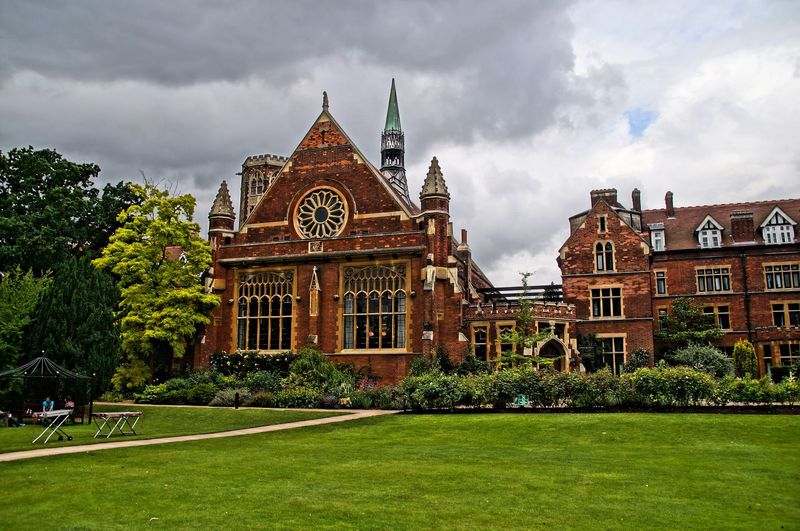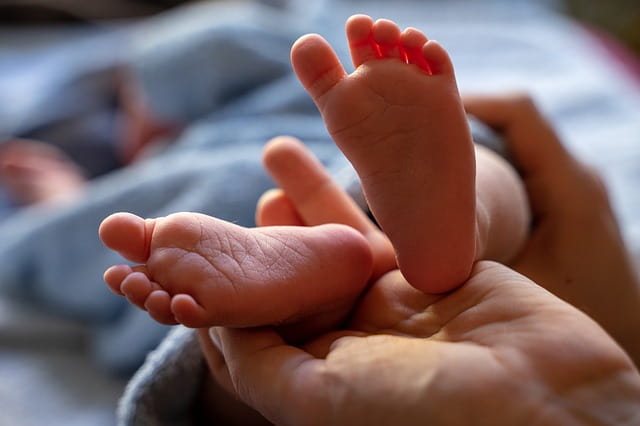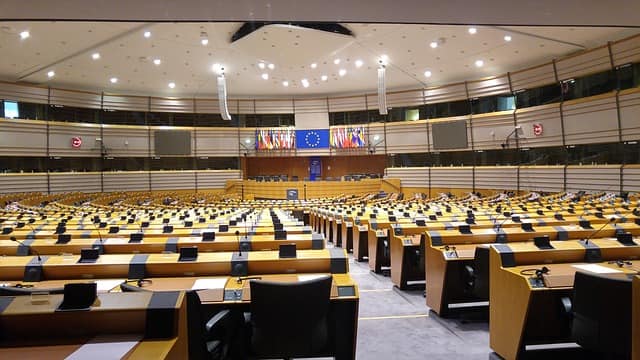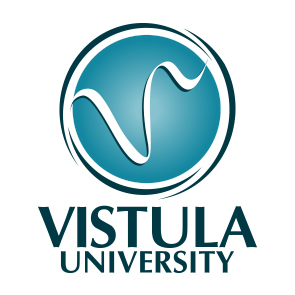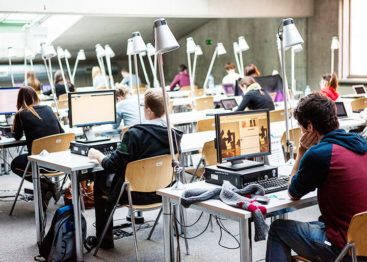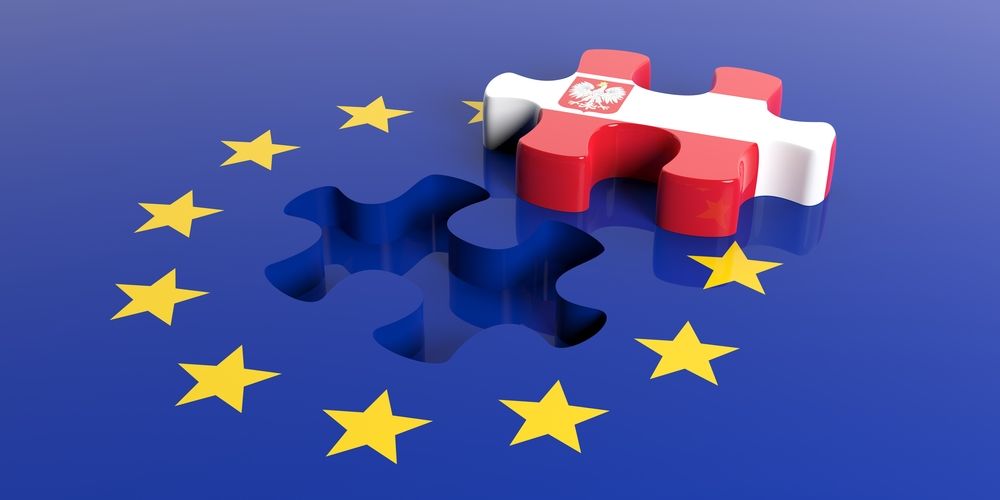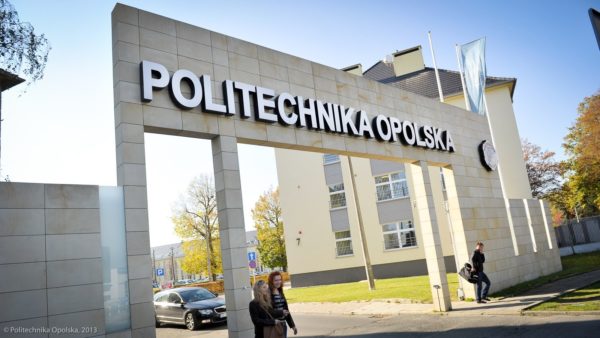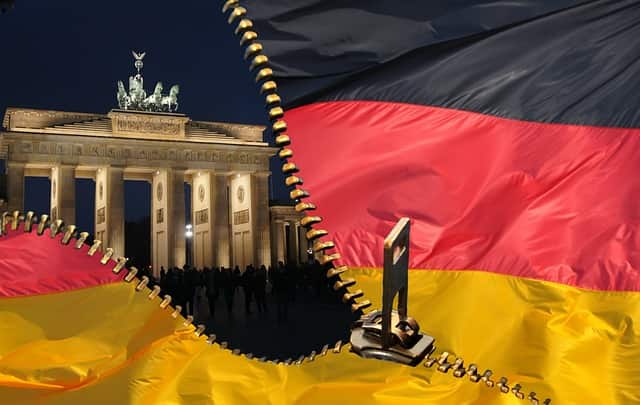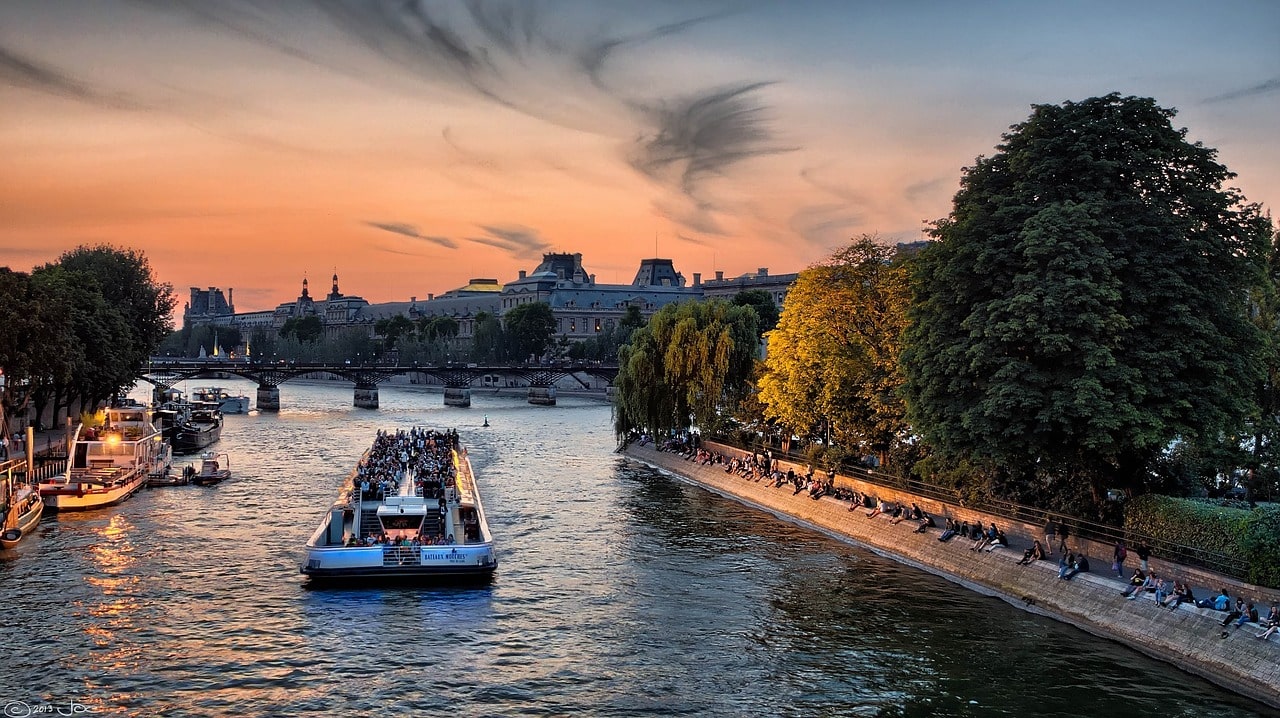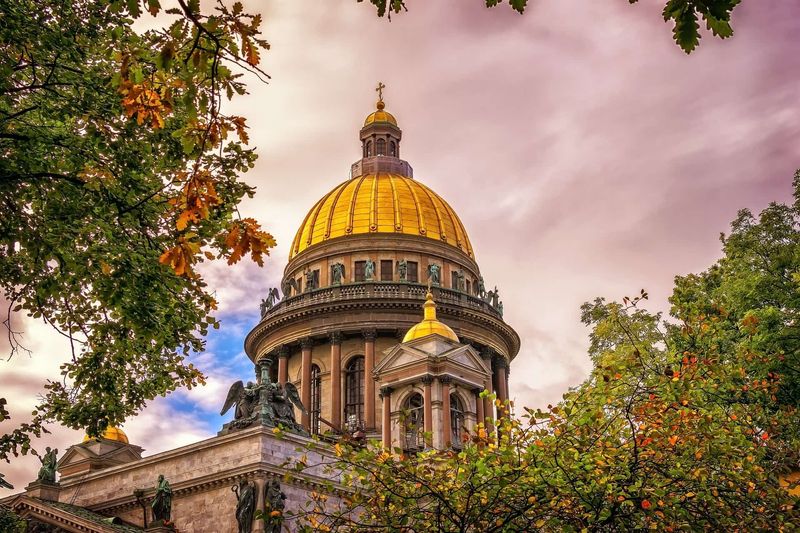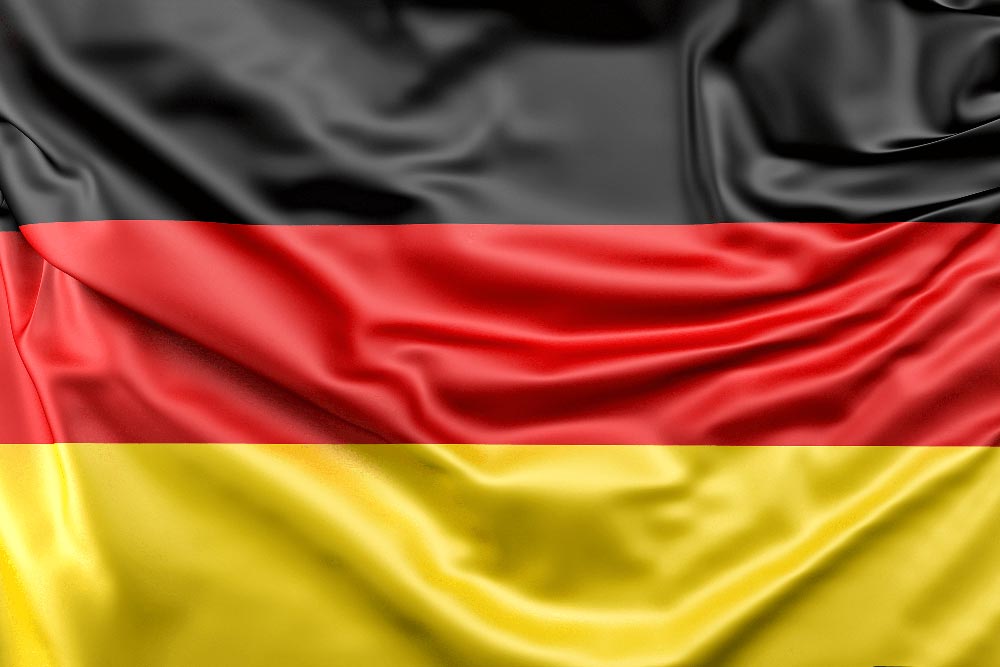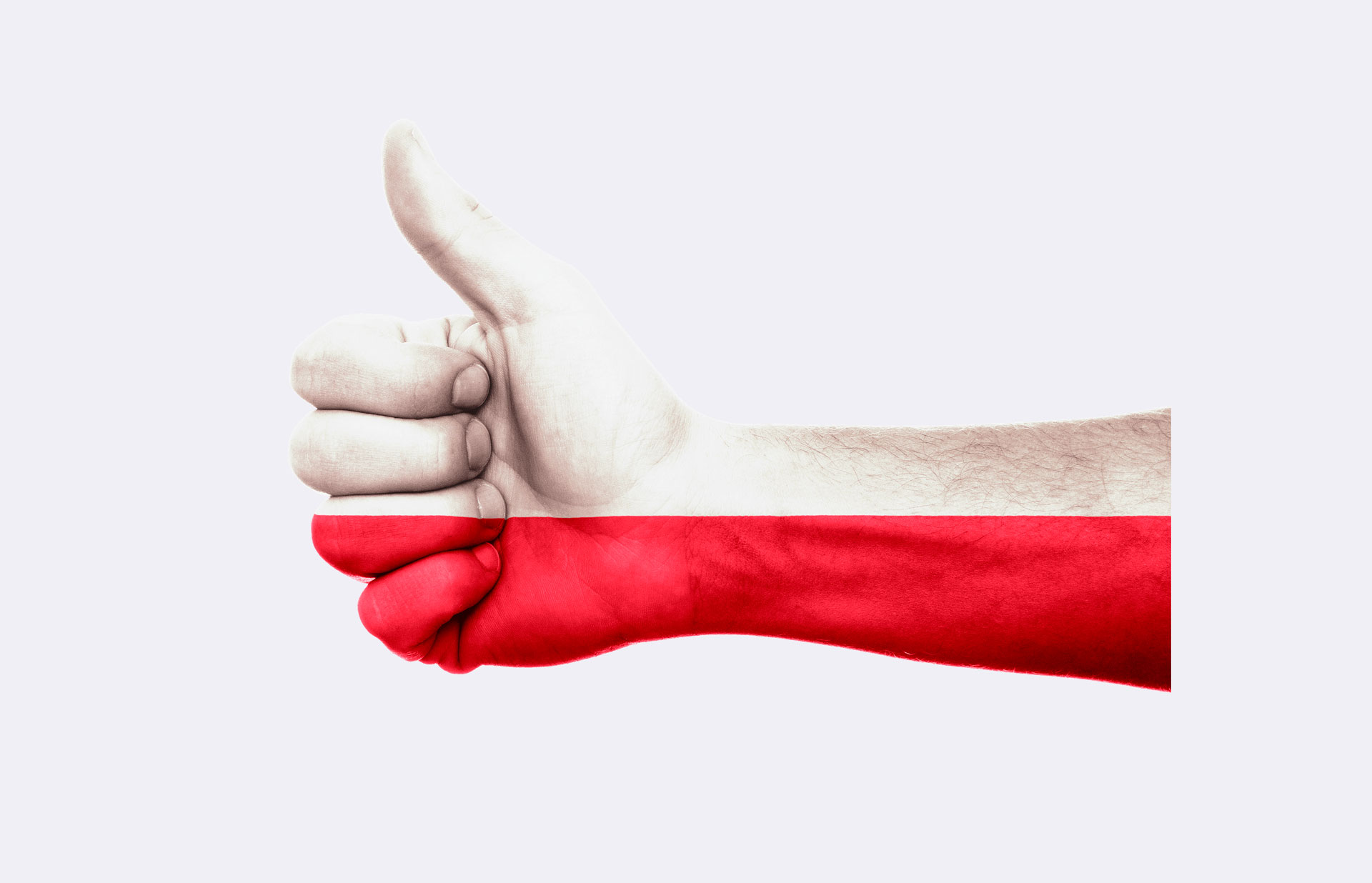Capital: Belgrade
Currency: Serbian Dinar
Time zone: UTC +01
Main language of study: Serbian
Second language of study: English
Structure of education system: pres-school, school (8 years), secondary (3-4 years), higher (3-6 years)
The most popular cities among entrants are: Belgrade, Novi Sad, Kragujevac
One of the European countries drawing attention of Indian students not only because of the high quality of education, but the level of economic and social development of the state is Serbia. Despite the fact that it is not EU member, the system of education has been adapted to European standard, which provides graduates of Serbian universities with high demand among employers of all countries.
Education in Serbia
Serbian education has several levels and it is centrally controlled (by the Ministry of Education). Indians has the right to choose where to study – in state or private institutions. Moreover, only basic school program is obligatory in Serbia. Attending a secondary school is not required by the government, it is optional (after passing exams). Situation with higher education is similar: it requires an Indian entrant to have secondary education, which gives the right to enter a university. One of the requirements for Indians is to know Serbian.
Academic education in Serbia is offered by state and private universities. Obtaining diplomas of Bachelor, Master and Doctor of Science takes 3-4, 2, 3 years accordingly. As for vocational education, it is offered by tertiary schools: from 3 to 6 years – depending on the field of study.
Recently the most popular specializations in Master’s programs among Indian entrants have become: medicine, management, economics, finance, information technology, social studies and agricultural industry. It is possible to get admitted to Master’s or Doctoral program for free, if an Indian student or the topic of his/her papers is interesting for the university he/she is submitting documents to. In other cases education in Serbia is four times more expensive for an Indian than a Serbian citizen.
The most persistent and talented Indians can participate in a competition for getting a grant or use a scholarship program, also on the part of their country. But it should be taken into consideration that as soon as the period of such kind of financial support expires, a university will ask you to pay on equal terms with others.
In general, it is not difficult to study in Serbia for Indians if regularly do your home tasks and actively take part in discussions during lectures and seminars. If to consider the fact that the quality of education in Serbia is high, its diplomas are recognized in the entire world, and prices are significantly lower comparing to other countries – an answer to the question “where to study” is obvious.


 kudapostupat
kudapostupat
















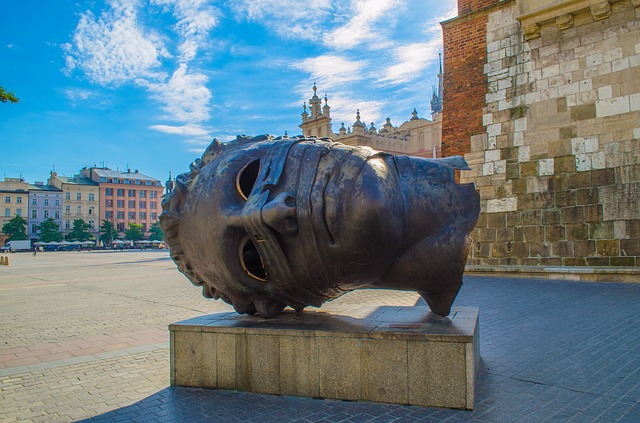
 603246
603246 